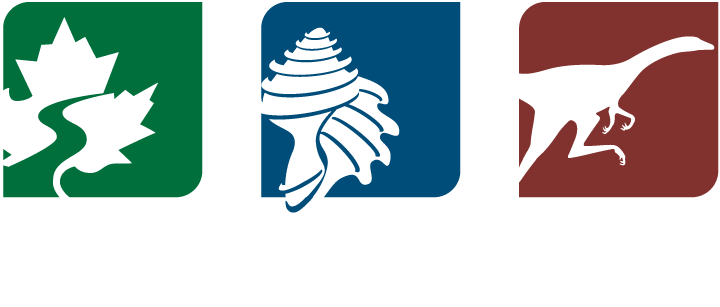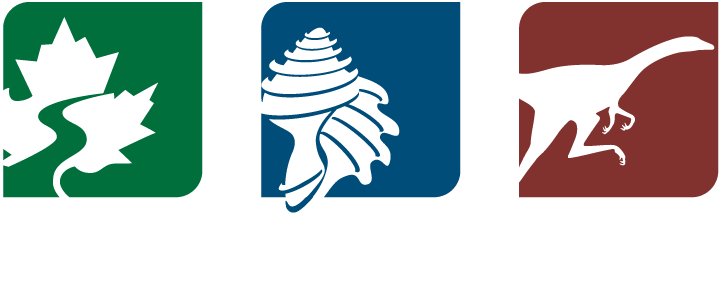Virtual Fieldwork Experience (VFE) Catalog Manager
To apply for this position, contact:
Please send resume, a brief cover letter, and 2 professional references to:
Rob Katz
Community Engagement Coordinator
[email protected]
Description:
Virtual Fieldwork Experiences (also known as Virtual Field Trips) are visually rich media to permit users to experience and learn from localities they might not otherwise be able to visit (or least not on a regular basis). VFEs are used both in school education (K-12 and college) and by viewers from the general public with an interest in natural history.
The Paleontological Research Institution has been a leader for two decades in helping educators, especially secondary school science teachers, to make VFEs and to use VFEs in their teaching. PRI has a section of its Earth@Home (EarthatHome.org) website devoted to VFEs, including a catalog with dozens of examples of VFEs made by a wide variety of people (educators, scientists, outdoor enthusiasts, and others).
Intern position:
To maximize the usefulness of the VFE Catalog to educators, the Catalog needs ongoing updating to include newly made VFEs and information about those VFEs. The intern who takes the position will work with PRI educators to seek and review new sites to add to the catalog, add information about those sites to the website, consider updates to the user interface, and otherwise consider how make the site as useful as possible.
The position may also involve reviewing and/or contributing to current PRI VFEs in development. In spring semester and summer 2024, A VFE is being finished that focuses on fieldwork for research on what happened to coastal marine organisms at the mass extinction at the end of the Mesozoic era.
Required Skills:
There are no mandatory prerequisites, though some basic familiarity with geology would be helpful. We are looking for people who enjoy the concept of applying of multimedia (photos, videos, 3-D imagery, etc.) to stimulate curiosity and enhance learning, who like to explore the Internet for resources, and who enjoy organizing information in ways that are intuitive and useful. Ideal candidates would have enough background in geology and paleontology to understand the nature of the VFEs, and/or some background in fundamental concepts of education. A reasonably fast computer and Internet connection will be useful for exploring online sites that have substantial amounts of imagery.
More Info:
Type of Position: unpaid intern or volunteer
Location: remote
Time: ongoing, but can be subdivided into time units such as semesters, summers, and winter breaks
PRI seeks to recruit a diverse group of talented individuals and create an environment in which they can effectively work to advance our mission and to support our vision without discrimination on the basis of an individual’s age, sex, race, creed, color, national origin, degree of disability, gender identity, sexual orientation, or veteran status. We are committed to ensuring all our visitors, program participants, supporters, staff, and volunteers feel valued and respected.
About the Paleontological Research Institution:
The Paleontological Research Institution pursues and integrates education and research, and interprets the history and systems of the Earth and its life, to increase knowledge, educate society, and encourage wise stewardship of the Earth.
The Paleontological Research Institution (PRI) was founded in 1932 by Gilbert D. Harris, a professor of geology at Cornell University. Today, PRI houses a collection of more than 7 million fossil specimens, one of the largest in the nation, and publishes scholarly and popular books and periodicals, including the oldest paleontological periodical in the western hemisphere (Bulletins of American Paleontology, begun in 1895). It has active educational outreach programs in Earth and environmental science that serve thousands of students, teachers, and the general public throughout the United States. PRI scientific staff conduct original research in paleontology, geology, evolutionary and marine biology, and science education.
PRI operates three public educational venues, all located on the west side of Cayuga Lake, north of the city of Ithaca, New York: the Museum of the Earth, an 18,000 square foot facility which opened in 2003; the Cayuga Nature Center, which uses its 120 acre site and historic main lodge to provide exhibits and programs that connect visitors to the living natural world and encourage wise stewardship of the Earth; and Smith Woods, a 32-acre parcel of old-growth forest located just outside the Village of Trumansburg.
PRI is an independent not‑for‑profit 501(c)3 organization chartered by the State of New York in 1936. PRI is formally affiliated with, but separate from, Cornell University.

